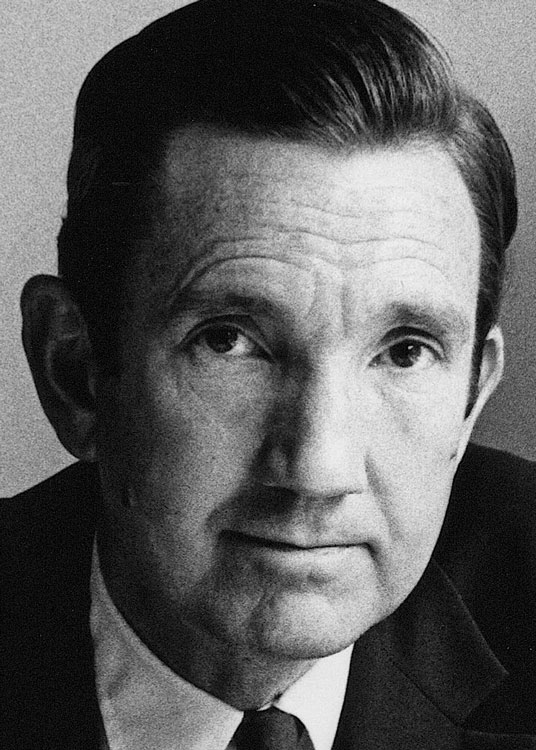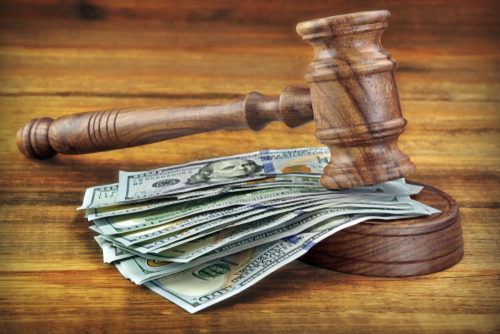Ramsey Clark's 70 years of political and legal activism memorialized on film

Ramsey Clark in 1968. Photos courtesy of Joseph Stillman/Citizen Clark … A Life of Principle
What do you think about what’s going on today with race in America and movements such as Black Lives Matter?
I am not involved anymore. ... But I am all for its aspirations. I don’t think we’ve overcome our history of racism, which involves human slavery. It’s incredible that a country that talks so much about freedom would come from a country that practiced human slavery for so long. It’s up to each generation to do better.
Do you have any advice for today’s organizers?
Organize, organize—same word but twice. You just have to work at it. Don’t think there’s a magic formula that fits all circumstances. You have to look at the circumstances and the issues and determine what’s right and how to get there.
As a lawyer in private practice, you’ve had what some might consider a rogue’s gallery of clients. Do you have any advice for lawyers on how to defend people who have done bad things?
The worse the public perception, the more important the effective defense is. That’s where you really measure whether our rights are applicable in the most hateful circumstances.
I guess there’s the argument that somebody has to do it. That is how a legitimate justice system functions, right?
If we don’t take responsibility for seeing that we live up to the ideals of equal justice, we are not worthy of having them. We can’t expect a Santa Claus picture of everything. That’s the challenge of life; you have to exert your energies to support equal justice for all, especially those with whom you have the biggest grudge or difference.
As the son of former Attorney General and U.S. Supreme Court Justice Tom C. Clark, you’ve been around justice systems your entire life. You’ve also had a long history witnessing the horrors and devastation of war, beginning when you joined the Marines at age 17 and worked as a courier during the Nuremberg trials. Do you feel it’s America’s responsibility to promote peace and justice in the world?
I do. If we are not the luckiest ones on earth, we are certainly high on the list, and out of gratitude, we ought to seek to share it with those who weren’t so fortunate. The temptation is to condemn them for their failure—what’s the matter with those people?—while you tee off another round of golf at the club. But we haven’t walked 1,000 miles in their moccasins, so we have no basis for condemning them. We are people who care about humanity. We need to see that if they’re deprived or suffering, we must seek to address it and overcome it. It’s the highest calling, reaching out to those who are needy.
As you look back on your life and career, what would you like your message to be to this generation?
We have to believe that each generation has a responsibility to be involved in the problems of their lifetime and to struggle to resolve them justly and nonviolently. Because you can’t fix it forever. If one generation is successful in avoiding hatred and war and conflict and deprivation of major parts of the population, that doesn’t mean that you don’t have to do it all the time, for all the generations. … It’s not a gift that can be passed down from one generation to the next. … In a sense, that’s what makes it so valuable. You can’t take it for granted—you have to earn it. If you take it for granted, you are not going to have it for very long.
Do you feel like you were successful doing that for your generation?
I never think of it that way, but obviously there is a lot more that has to be done. There probably always will be.
This article was published in the November 2018 ABA Journal magazine with the title "A Great Responsibility."



